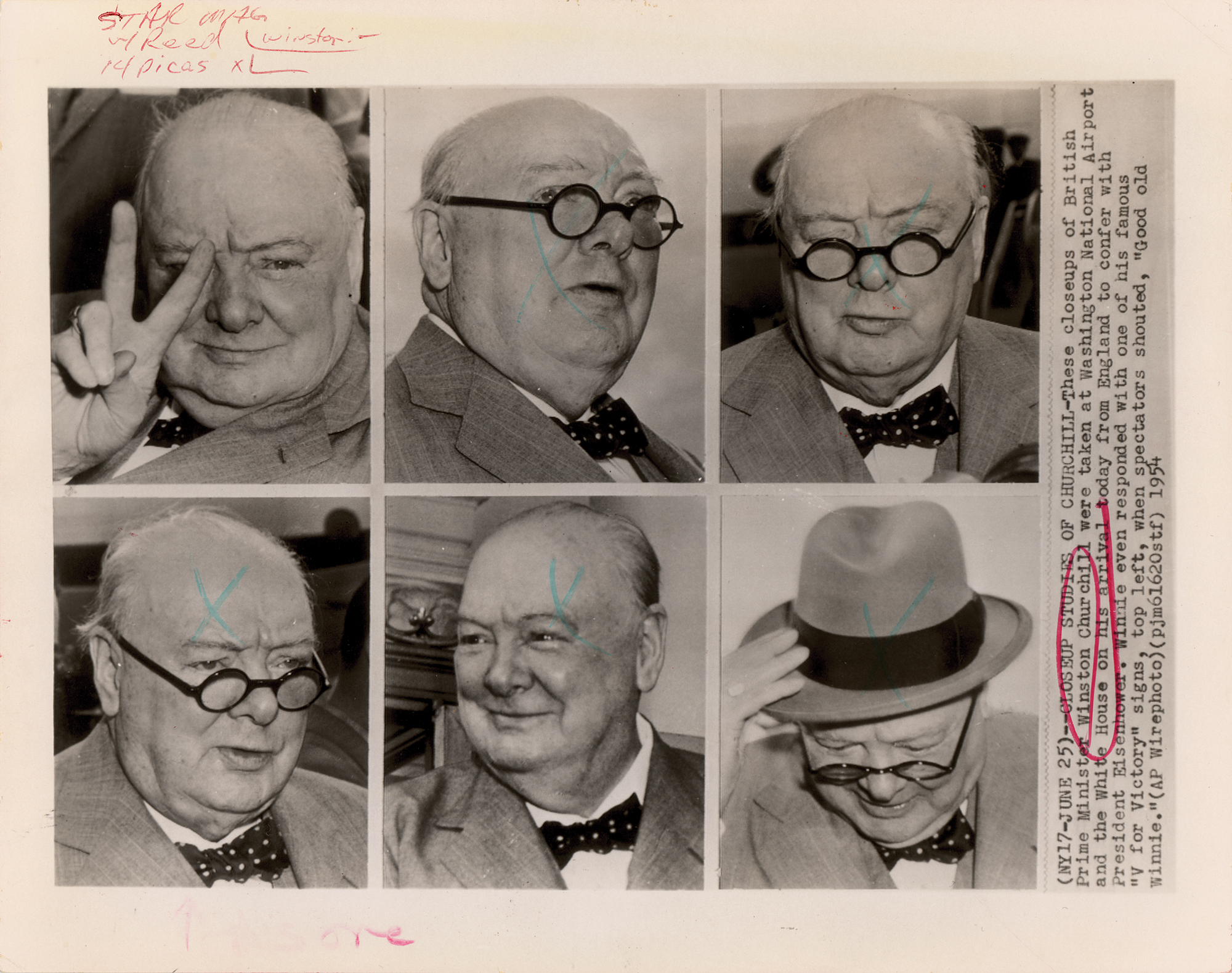
Introduction
Winston Churchill stood as a defining figure in 20th-century history, known for his leadership during World War II and his enduring influence on British and global geopolitics. His ability to unite a nation against tyranny and his eloquent speeches have left an indelible mark on history, making his legacy particularly relevant in today’s discussions about leadership, resilience, and democracy.
Churchill’s Early Life and Political Career
Born on November 30, 1874, into an aristocratic family, Churchill’s early years were steeped in privilege. He attended the Royal Military Academy Sandhurst and began his career as an army officer before transitioning to journalism and politics. He served in various governmental roles, including First Lord of the Admiralty during World War I. However, it was during his second term as Prime Minister from 1940 to 1945 that he became a global icon. His speeches and radio broadcasts helped inspire British morale during the darkest days of the war.
The Impact of Churchill’s Leadership
Churchill’s leadership style was marked by his dramatic speeches, which rallied the British people to stand firm against Nazi Germany. Key quotes such as “We shall fight on the beaches” and “Their finest hour” resonate even today, showcasing his ability to communicate hope and resolve. His partnership with the United States, particularly with President Franklin D. Roosevelt, proved crucial in the Allied victory.
Furthermore, his vision extended beyond the war; he articulated the need to establish a post-war world order that respected individual freedoms and national self-determination. Churchill’s attempts to avert the Iron Curtain and his warnings of the Soviet threat laid the groundwork for future Cold War policies.
Continued Relevance
In contemporary times, Churchill’s insights remain pertinent as global leaders face crises ranging from economic instability and climate change to the rise of authoritarian regimes. His belief in the importance of democracy and liberty is a powerful reminder as countries grapple with their political futures. Various organisations and political leaders continue to draw on his principles of resilience and steadfastness in the face of adversity.
Conclusion
Winston Churchill’s legacy endures, serving as a beacon for leaders navigating turbulent waters. His commitment to democracy, inspirational rhetoric, and strategic foresight are as valuable today as they were during his lifetime. As we reflect on Churchill, we are reminded that strong leadership can make a significant difference during times of crisis and that his lessons in resilience continue to inspire generations.
You may also like

The Evolving Role of the Manager in Modern Business

Exploring East Grinstead: History and Attractions

Qatar’s Growing Influence in Global Affairs
SEARCH
LAST NEWS
- Remembering Wendy Richard: The Promise to Co-Star Natalie Cassidy
- How Did Anglian Water Achieve an ‘Essentials’ Rating for Mental Health Accessibility?
- Shai Hope Leads West Indies in T20 World Cup Clash Against South Africa
- What We Know About Weston McKennie: Future at Juventus and Past at Leeds
- What We Know About the Upcoming Live Nation Antitrust Trial